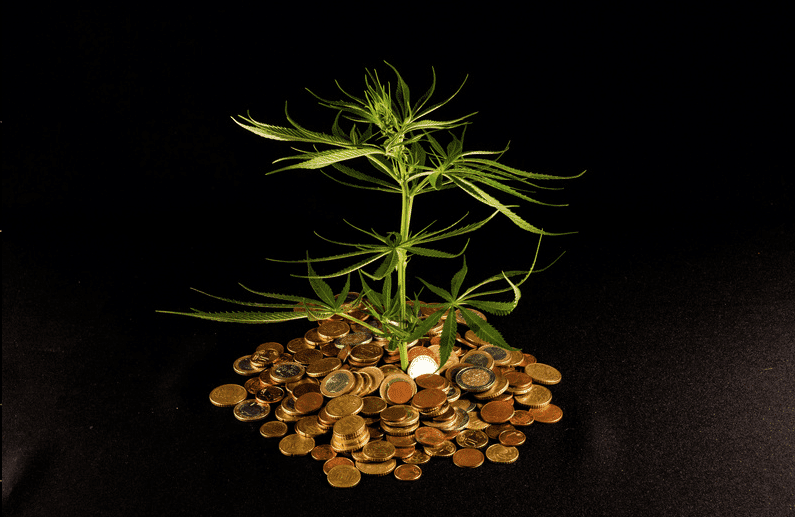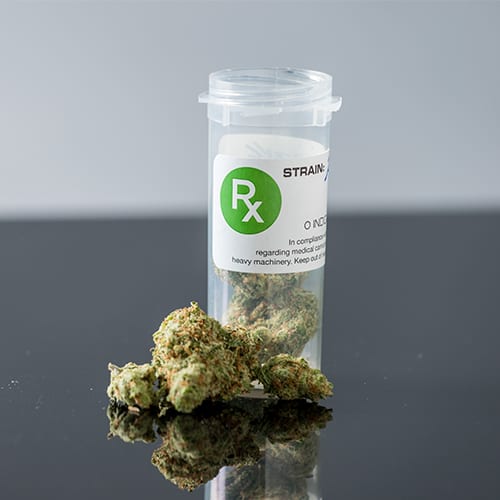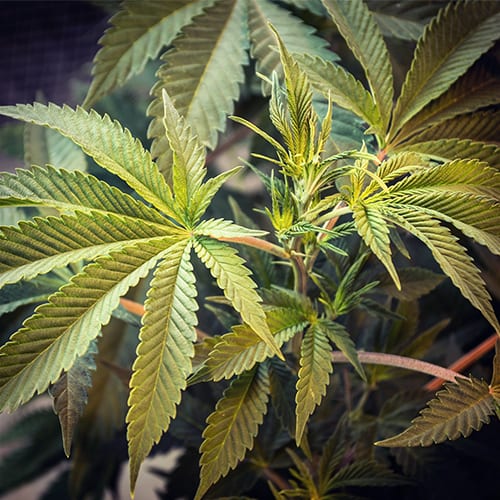
Marijuana Taxes: A few weeks ago, Alaska’s Anchorage Assembly put a new marijuana tax on the April 5th ballot. It is expected to win approval easily because one thing we have definitely learned since the first few states legalized marijuana is that both politicians and voters love taxing recreational marijuana. Where marijuana is legal, people want to tax it.
The year after Colorado approved marijuana legalization, the local governments in roughly a dozen municipalities put a local marijuana tax on the ballot. All of them were approved overwhelmingly. In 2013, voters in the city of Denver – by a greater than two-to-one margin – approved a local 3.5% sales tax on marijuana. Boulder voters adopted a sales tax and an excise tax by a nearly identical margin. And in the town of Frisco, an impressive 77.68% of voters backed their local 5% excise tax.
In Oregon, local politicians didn’t even wait for marijuana to become legal before they started trying to tax it. Since Measure 91 actually prohibited local marijuana taxes, in the months before the 2014 general election, towns and cities all over the state rushed to adopt large local marijuana sales taxes, even though they were of questionable legality. Local politicians were unsuccessfully hoping their local taxes would be grandfathered in. These earlier local taxes were declared void, but the strong desire of local politicians to impose their own local marijuana taxes resulted in a legislative compromise. Municipalities in Oregon will be allowed to adopt a local sales tax on recreational marijuana of up to 3% if it is approved by voters in a general election. It is likely such a tax will be on the local ballot in several places this November.
It is easy to understand why taxes on recreational marijuana would be so popular for voters and politicians in cash-strapped cities. The taxes only affect a small percent of people – according to the Pew Research Center, just 12 percent of Americans consumed marijuana in the last year – and it is seen by many as a vice. It is the same political dynamic that has made taxes on legal gambling and tobacco products a popular funding source for local governments.
For adult cannabis consumers, there is an upside to the popularity of marijuana taxes. Once state or local governments come to count on the tax revenue generated by legal marijuana, it makes it much harder for them reverse the gains that have been made. Any push to re-ban marijuana would need to find ways to make up the lost revenue, with either cuts to services or other tax increases, neither of which are usually very popular. Prohibitionists in the last century understood this, which is why finding ways to make up the expected loss of revenue from banning alcohol was considered a major hurdle for them. It is not a coincidence that right after the 16th Amendment was ratified, allowing income tax collection, the push for the 18th Amendment, prohibiting alcohol, went into high gear.
This is why, in places like Anchorage, the marijuana industry has often been cautiously supportive of modest new taxes on them.
Source – MassRoots.com





